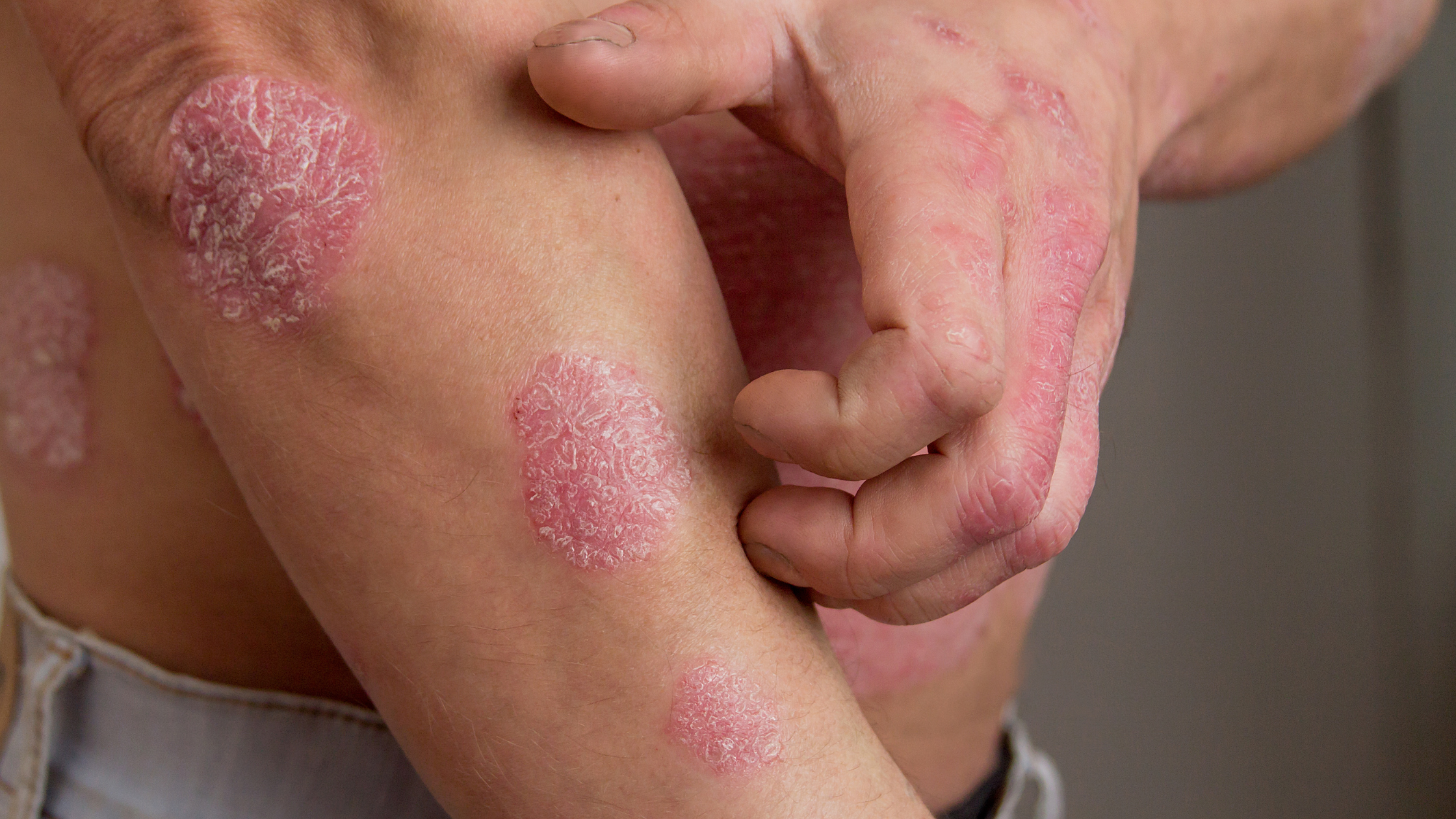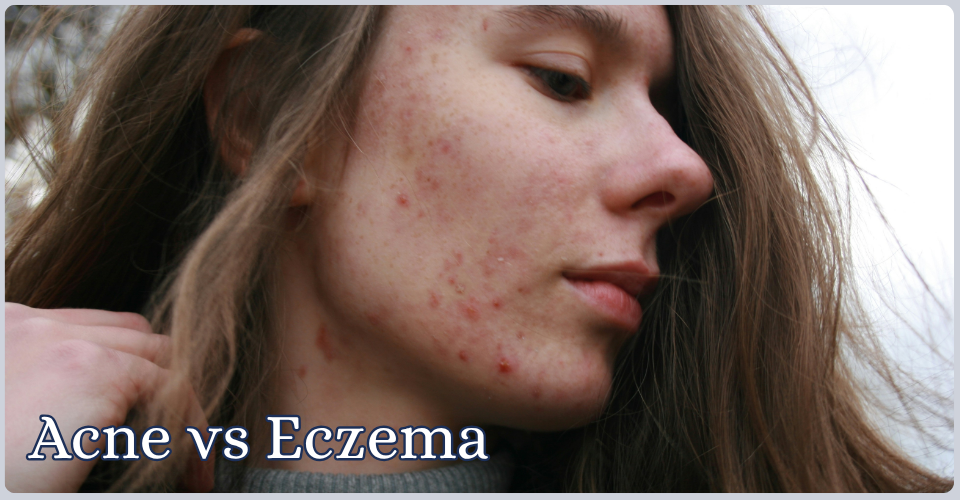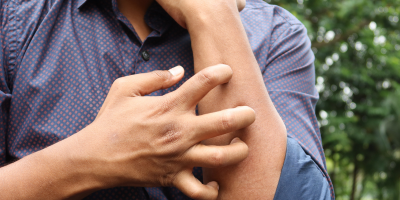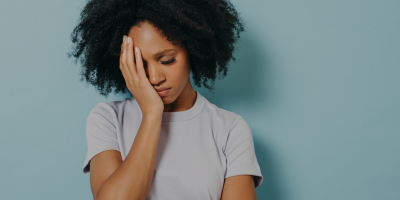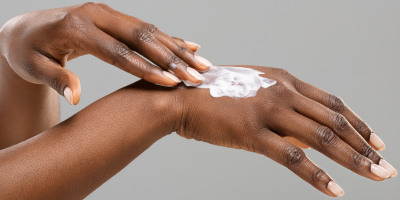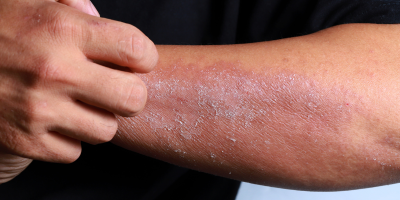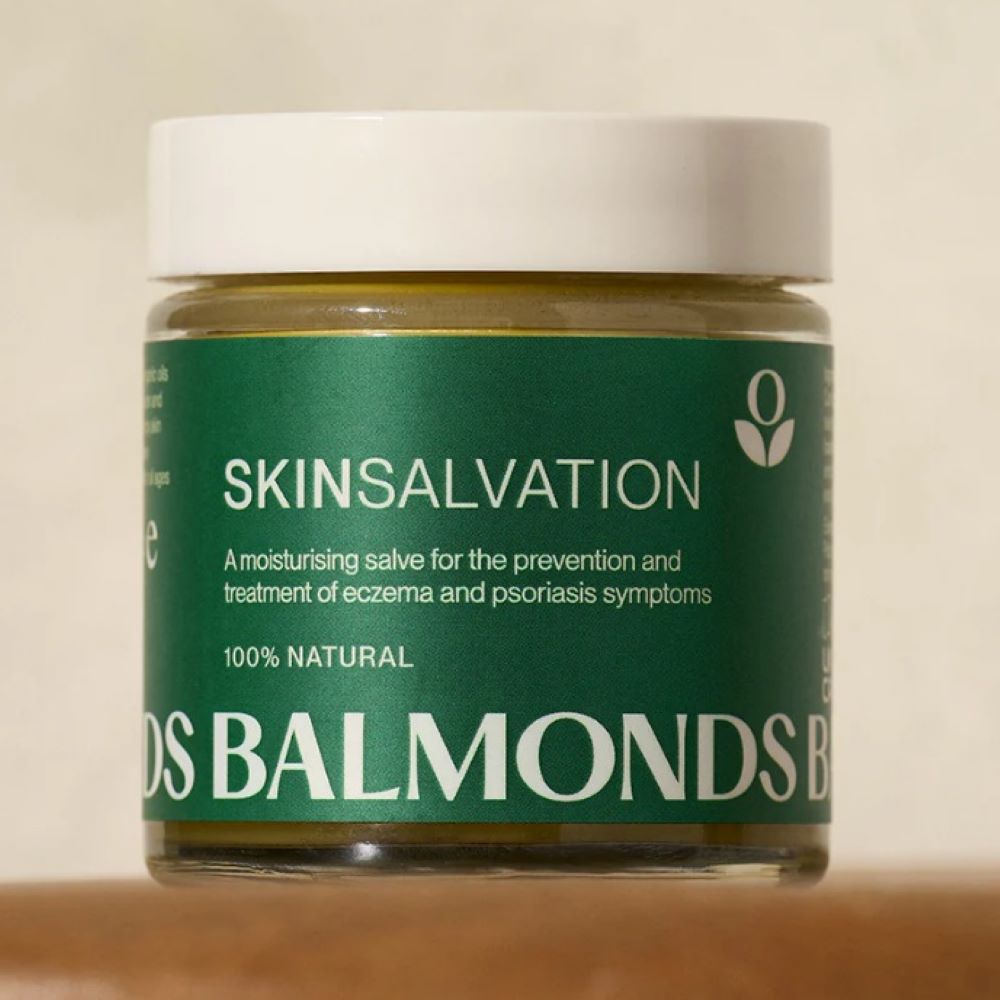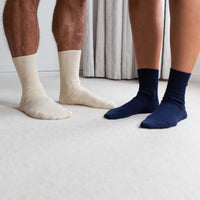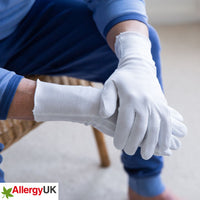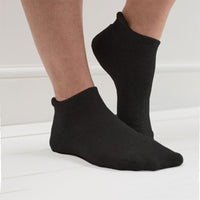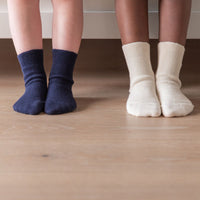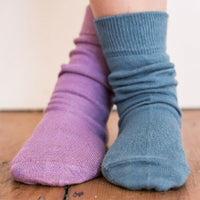August marks Psoriasis Awareness Month in the UK, an opportunity to shine a light on one of the most misunderstood chronic skin conditions. Affecting approximately 1 in 50 people in the UK, psoriasis is not just “dry skin”—it’s a complex immune-mediated disease that can impact both physical and emotional wellbeing.
We spoke with Karina Jackson, dermatology nurse consultant and trustee at The Psoriasis Association, and Janine Price, who lives with psoriasis, to better understand the condition and how lifestyle, fabrics, and support can make a difference.
What is Psoriasis?
Psoriasis is an autoimmune condition that accelerates the skin’s natural life cycle. This leads to a build-up of skin cells, creating red, flaky, scaly patches that can appear anywhere on the body. In some cases, it can also affect the joints in the form of psoriatic arthritis.
Psoriasis is not contagious, though this remains a common misconception. It’s frequently confused with eczema or even cirrhosis (a liver condition), though the differences are significant.
Psoriasis vs Eczema – a tale of two inflammatory skin conditions

Everyday Impact: Beyond Skin Symptoms
Karina Jackson dermatology nurse consultant and trustee at The Psoriasis Association explains:
"It is still not yet well understood amongst the general public that psoriasis is more than a skin condition – it is an immune-mediated condition which causes symptoms on the skin and sometimes the joints too, causing psoriatic arthritis.”
“The effects of psoriasis go beyond the physical symptoms. The condition can also have a significant impact on a person’s quality of life, being associated with depression, anxiety, shame, and low self-esteem. It can affect clothing choices, hobbies, relationships, work, and school.”

Myths Debunked:
-
It’s not contagious.
-
It’s not “just dry skin”.
-
It’s an inflammatory disease with real psychological and social impacts.
Clothing and Fabric Choices Matter
Karina explains that while there are no universal fabric rules for those with psoriasis, many people find that certain materials irritate their skin or worsen itching:
“Wearing light, breathable fabrics like cotton can help reduce sweating and irritation – especially in summer. In winter, layering cotton under wool can prevent itchiness. For genital psoriasis, loose-fitting cotton or silk undergarments are often preferable to nylon.”
“Beyond physical comfort, clothing can also affect confidence and self-esteem. Psoriasis is a visible condition, and clothing choices can be deeply personal.”
Living With Psoriasis: Janine’s Perspective
Janine Price shares her experience with honesty and vulnerability:
“Psoriasis affects daily life – it limits what I can do during a flare-up. It’s had a negative impact on my mental health, and the itch disturbs my sleep, which just adds to the exhaustion.”
“I was once asked if I had something contagious while swimming with my daughter. I was embarrassed and upset – I left and never went back. That kind of misunderstanding really sticks with you.”
On clothing:
“I wear light colours so flakes from my scalp or ears are less visible. Cotton is a must – polyester makes the itch worse.”
On lifestyle:
“I became inactive because of psoriasis and feeling embarrassed. That led to weight gain and worsened my confidence. It’s a cycle that’s hard to break.”

Lifestyle Tips to Manage Psoriasis
There’s no one-size-fits-all solution, but some lifestyle habits can help reduce flare-ups and improve wellbeing.
Fabric & Skincare
-
Choose cotton or silk clothing and underwear.
-
Avoid harsh seams, tight waistbands or wool next to skin.
-
Moisturise daily with fragrance-free emollients.
-
Use cotton bedding and nightwear for better sleep.
Diet & Bodyweight
Karina notes: “We’ve heard anecdotally that diet affects psoriasis, though robust evidence is limited.”
-
Eat a balanced diet: vegetables, wholegrains, oily fish.
-
Maintain a healthy weight – obesity can worsen symptoms.
Stress & Mental Health
-
Practice mindfulness, meditation or yoga to manage stress.
-
Sleep hygiene is vital – try relaxing evening routines.
-
Talk to a therapist or support group.
Habits
-
Quit smoking – it's a known trigger.
-
Limit alcohol, which can also exacerbate symptoms.
Support & Resources in the UK
You don’t have to navigate psoriasis alone. These UK-based organisations offer medical advice, community support, and emotional wellbeing resources:
-
The Psoriasis Association – helpline, online community, research, events Helpline: 01604 251 620
-
Speak to your GP or dermatologist about UV therapy or biologic treatment options
-
Changing Faces – for emotional support around visible differences
Janine adds:
Dressing for Comfort & Confidence“I’m grateful to The Psoriasis Association and support the wonderful work they do. They’ve helped me feel seen and supported.”
Finding the right clothing can bring both physical relief and emotional empowerment.
Explore Cotton Comfort’s soft, skin-friendly range of cotton clothing, designed to minimise irritation and support you through flare-ups.
Final Thoughts
Psoriasis is far more than skin deep – and it deserves understanding, empathy, and real support.
We’re proud to raise awareness this month and will be sharing more practical tips and personal insights in the weeks ahead.
Have a story to share or a question about fabric for psoriasis? Get in touch – we’d love to hear from you.

